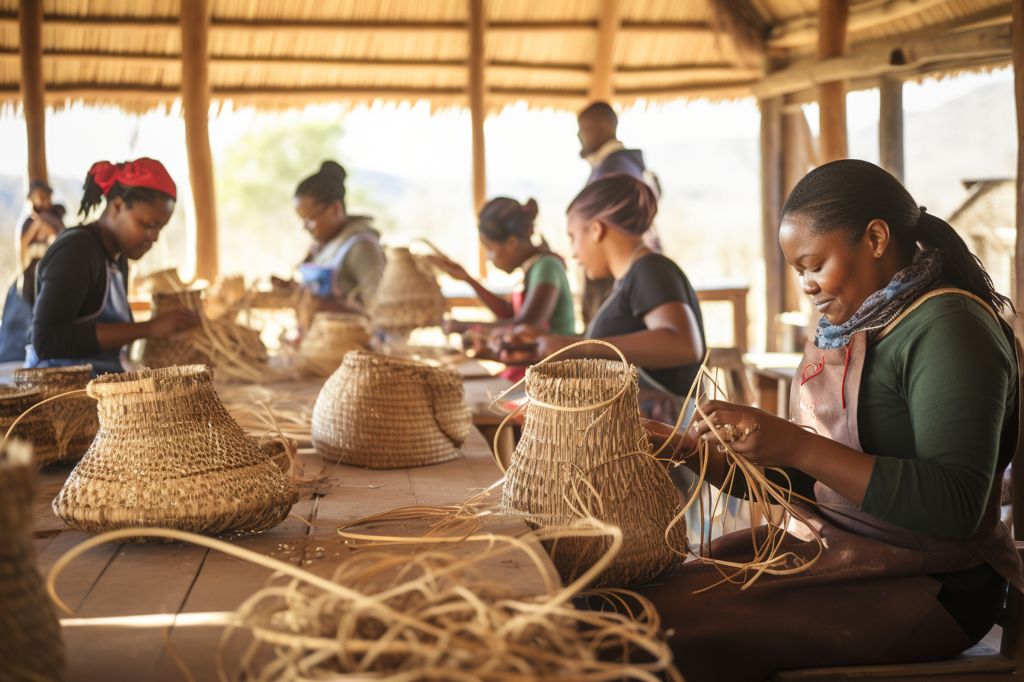A recent directive issued on a South African Police Service (SAPS) letterhead and signed on 23 August 2023 has instructed police officers not to arrest individuals for personal cultivation and possession of cannabis. The directive warns that non-compliant officers may face disciplinary action.
Background
In 2018, the Constitutional Court in South Africa legalized the cultivation and possession of cannabis for private use, commonly referred to as Prince 3. However, dealing in cannabis remains illegal until legislative changes are enacted.
Lack of Clarity
The SAPS letter acknowledges that there is no legislation prescribing specific quantities of cannabis for personal possession or cultivation. There is also no legislation permitting a presumption of dealing for quantities above a certain threshold. The lack of clarity and quantification puts the SAPS at risk of facing civil claims for unlawful arrest or detention if officers arrest individuals for personal cannabis cultivation, possession, or use.
Approach to Minimize Risk
To minimize this risk, the directive instructs SAPS members to consult with the prosecuting authority before arresting alleged cannabis offenders and seizing their property. This approach aims to determine whether the matter will be registered and prosecuted.
Definition of Private Space
The letter defines a private space as any location inaccessible to the public as a matter of right. This definition encompasses non-owned spaces, such as the inside of a motor vehicle, as a private space. Additionally, cannabis dispensed by traditional, cultural, or religious healers in small quantities is deemed private and personal possession.
Compliance Required
All SAPS members are required to familiarize themselves with the directive’s contents. Failure to comply may lead to disciplinary action. However, the provincial SAPS spokesperson, Lieutenant Colonel Malcolm Pojie, declined to comment on the letter’s authenticity or respond to queries.
Lawyer’s Opinion
A lawyer with expertise in the cannabis industry opined that SAPS finds itself in a precarious situation. The letter may serve to caution officers when making physical arrests rather than encouraging them to turn a blind eye. The directive appears to instruct officers to err on the side of caution and not presume dealing unless there is a valid reason for suspicion.
Discretion Required
Using discretion and a reasonable basis for presuming dealing is now required for SAPS officers. For instance, discovering three kilograms of carefully packaged cannabis plants in a vehicle during a lawful roadblock would provide reasonable grounds for police to consider that the individual is not operating within the confines of the Prince 3 judgment.
The directive represents a significant shift in South Africa’s approach to cannabis. It highlights the need for legislative clarification and careful handling of cases involving personal cultivation and possession.










